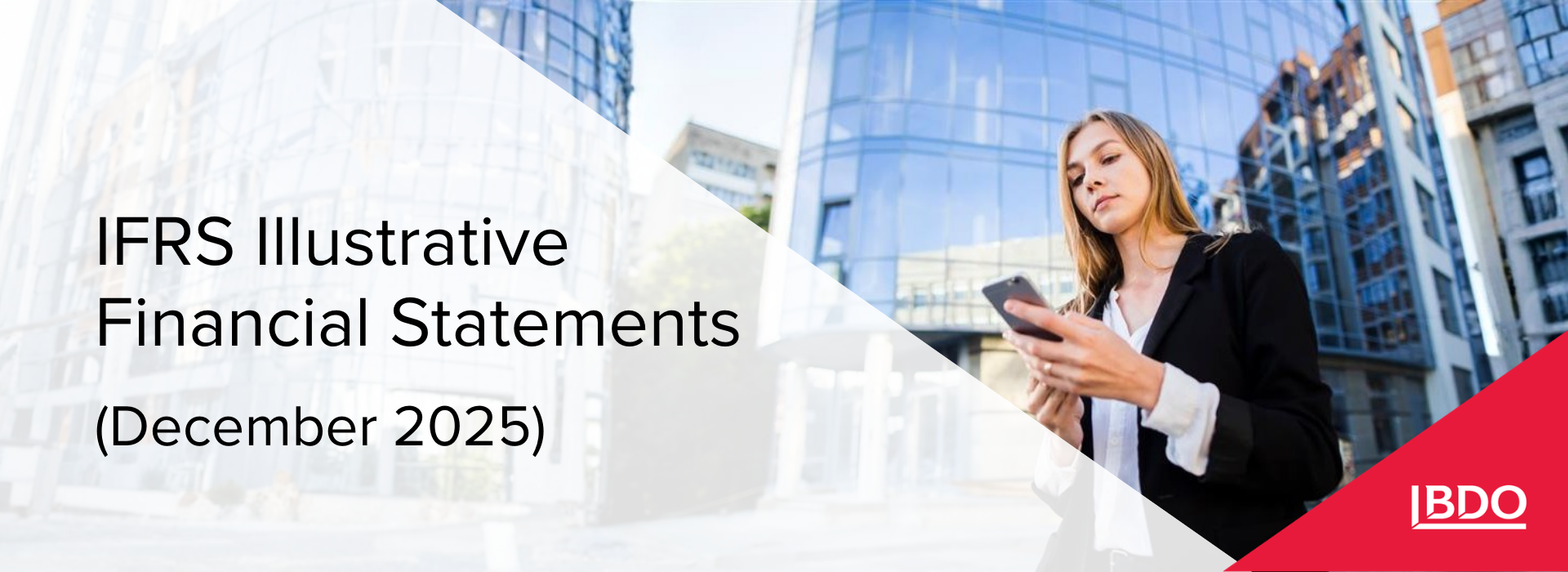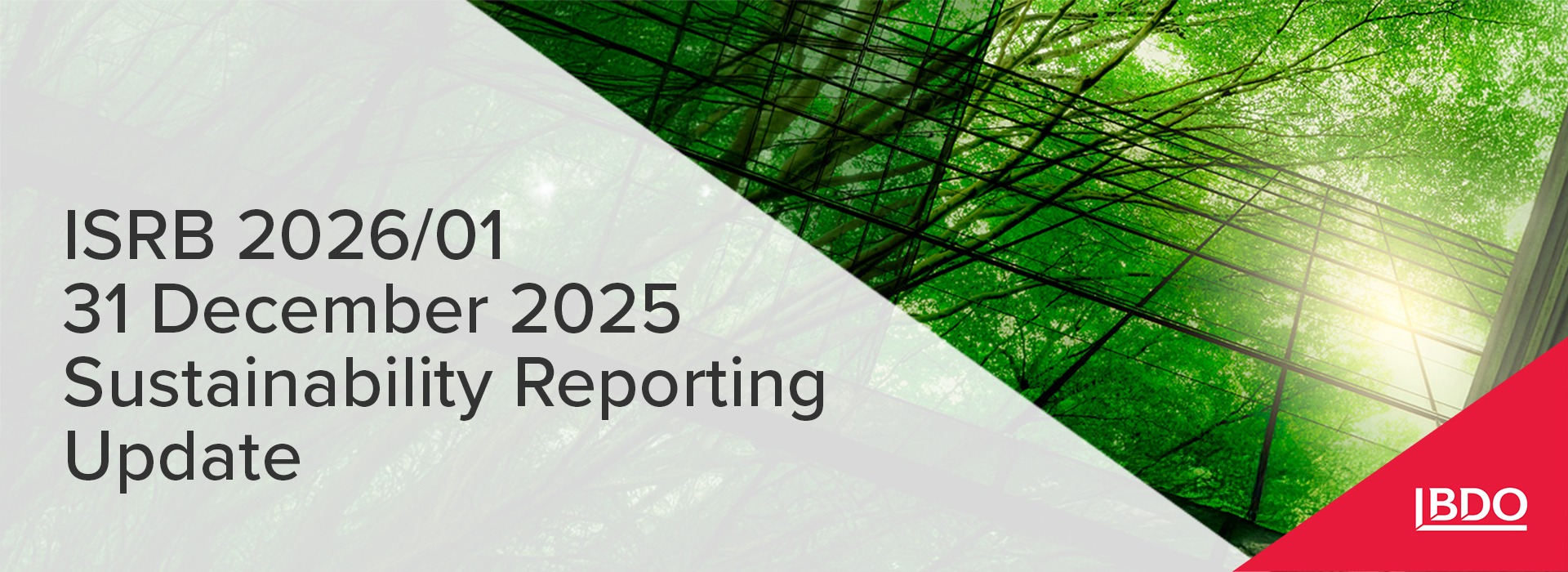On 27 September 2024, a seminar "Nationalisation, sanctions and international arbitration: the consequences of russia's aggression against Ukraine" was held in Kyiv with the participation of judges from various instances of Ukrainian courts, representatives of the Ministry of Justice of Ukraine and the Ministry of Economy of Ukraine. The event, initiated by the Supreme Court and the High Anti-Corruption Court of Ukraine became possible with the support of the Embassy of the United States of America in Ukraine.
The event aimed to create a platform where international experts and Ukrainian judges could exchange knowledge and best practices, as since the outbreak of the full-scale war the Ukrainian court system has played a key role in application sanctions and nationalisations both directly by making decisions on asset seizures and indirectly by reviewing the legality of asset seizures and the application of public policy to such assets.
Secretary of the Plenum of the Supreme Court, Judge of the Supreme Court – Civil Cassation Court Dmytro Luspenyk welcomed the participants and emphasised the importance of the event. "Sanctions are Ukraine's response to the war started by russia, and the use of sanctions mechanisms is one of the most powerful tools in the fight against the enemy. That is why we often raise this issue at similar events of the Supreme Court. I am pleased that we have foreign experts with us today who will help us gain valuable international experience and deepen our expertise", - said Dmytro Luspenyk.
The Head of the Appeals Chamber of the High Anti-Corruption Court of Ukraine Oleksandr Semennykov added: "Currently, one-third of the ‘sanctions cases’ are being appealed, and the decisions of the Appeals Chamber are crucial, as they are final and not subject to cassation review. We have already developed a certain court practice. Still, each case requires a comprehensive and in-depth analysis, particularly of corporate structure, the company's relations with the sanctioned persons, the nature of their activities, etc. I am confident that the participants will learn more about specifics of sanctions cases during the event".
The first session, moderated by Patrick W. Pearsall, Partner at A&O Shearman, former Chief of Investment Arbitration in the U.S. State Department, included:
- Alison MacDonald KC, Barrister, Essex Court Chambers
- Andrew Adams, Partner at Steptoe, Former Director of the Department of Justice's Task Force KleptoCapture focused on the economic sanctions and export controls imposed in response to Russia’s invasion of Ukraine
- Lisa Grosh, Assistant Legal Adviser, Office of International Claims and Investment Disputes, U.S. State Department
- Oleksiy Kravchuk, Judge-Speaker of the High Anti-Corruption Court, Doctor of Law, Professor
The speakers discussed the practical aspects of asset tracing, in particular their freezing and seizure in the US and the UK, international legal aspects of sanctions and temporary restraining orders, and the practice of US, international courts and arbitration institutions in such cases. The experts explained in detail the peculiarities of considering cases involving the forfeiture of assets, especially those located outside the jurisdiction of a particular court, and the standard of proof as to the connection to such assets. Closing the first session, Oleksiy Kravchuk reported on the court's practice and explained the problematic aspects of sanctions cases.
The issues of sanctions and investments were discussed in more detail under the moderation of Partner at Queritius Dr. Wojciech Sadowski by:
- Alexnader Scard, Legal Director, Kennedy
- David Mortlock, Nonresident Senior Fellow at the Atlantic Council Global Energy Centre, Managing Partner at Willkie Farr & Gallagher (Washington office), Former Director for international economic affairs at the White House National Security Council
- Dmytro Lyspenik, Secretary of the Plenum of the Supreme Court, Judge of the Supreme Court – Civil Cassation Court, PhD in Law, Associate Professor, Honoured Lawyer of Ukraine
- Mahnaz Malik, Barrister and Arbitrator at Twenty Essex, Arbitrator of the ICSID Annulment Committee
Dmytro Luspenyk opened the discussion with a presentation on the application of the public policy clause in the recognition and enforcement of foreign arbitral awards, focusing on cases where the party to the arbitration is subject to sanctions. He noted that, "This category of cases appeared in Ukraine not at the beginning of the full-scale invasion in 2022, but in 2014, when russia began the first phase of the war. During this time, court practice has changed, but now it is more stable".
The participants also analysed the relationship between international investment treaties and national legislation, including the hierarchy, development and sometimes conflict between international and national legislation, as well as the types and specifics of sanctions programmes, imposition and liability for violation of sanctions.
The event was organised by the Supreme Court, High Anti-Corruption Court of Ukraine, Asters and A&O Shearman law firms.
The organisers of the seminar are grateful to the speakers and participants for their interesting presentations and fruitful discussion.



























